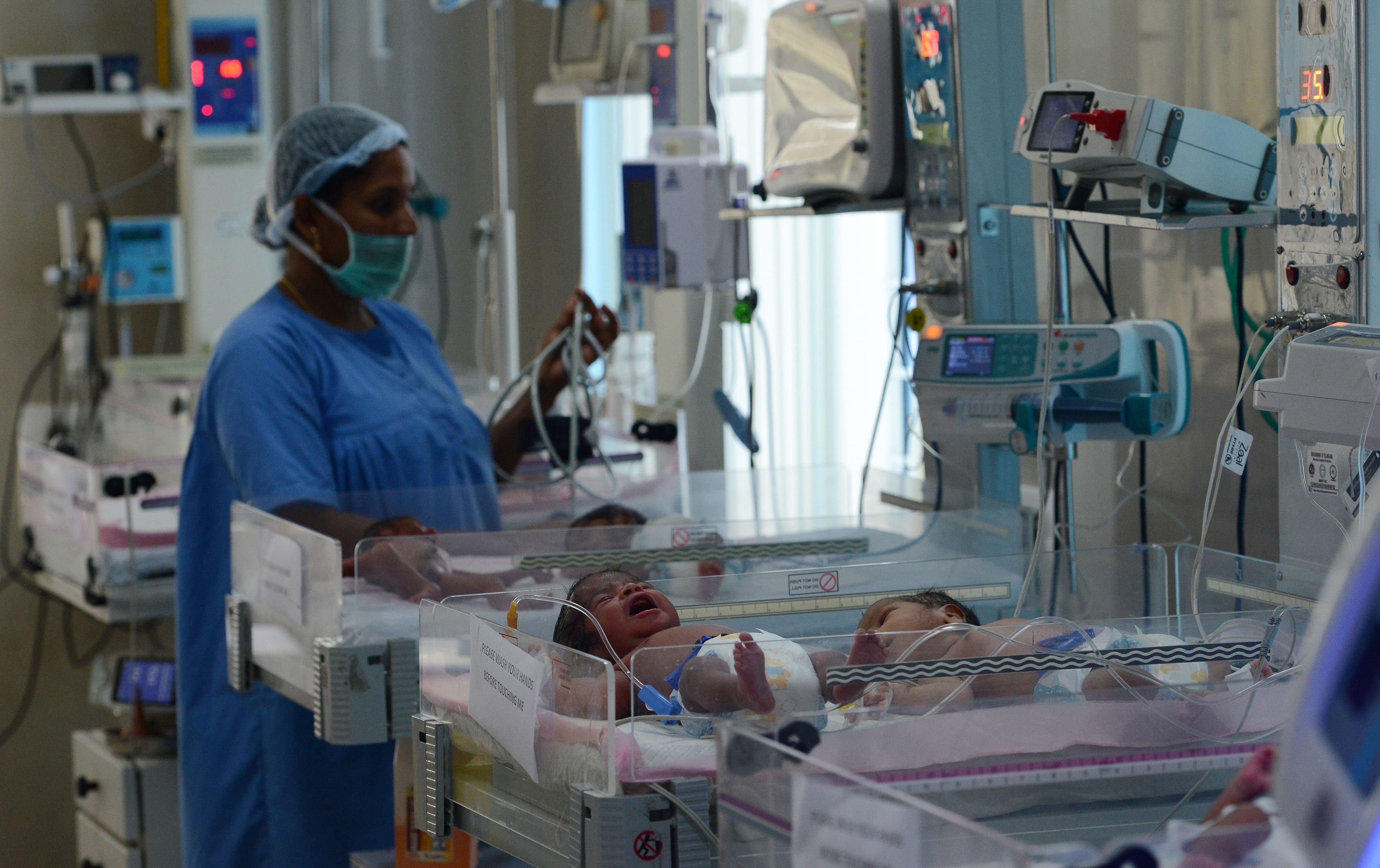The southern Indian state of Kerala has reported an infant mortality rate (IMR) of five deaths per 1,000 births – a figure that is lower than the United States where it stands at 5.6.
The findings, published in a new government report, place Kerala far ahead of the Indian average of 25 deaths per 1,000 births, making it the state with the lowest IMR in the country.
The state also recorded India’s lowest birth rate at 10.8 per cent. By comparison, the highest infant mortality levels were found in Chhattisgarh, Madhya Pradesh, and Uttar Pradesh at 37, according to the Sample Registration System (SRS) statistical report.
Among India’s southern states, Tamil Nadu reported an IMR of 12, followed by Karnataka (14), Telangana (18) and Andhra Pradesh (19). Kerala was the only major state to maintain parity between rural and urban areas, while the all-India averages stood at 28 in rural regions and 19 in urban.
Kerala’s health minister Veena George said the milestone was “proof that the same health services are available to the people regardless of rural and urban differences”. She said: “The infant mortality rate for the United States is 5.6. Kerala’s mortality is lower than that of developed countries.”

The state government credited a decade-long programme of reforms for the achievement. When Kerala’s IMR plateaued at 12 in 2010, health authorities introduced mandatory infant death audits, clinical protocols and expanded antenatal and neonatal care. Since then, the figure has steadily declined – from 7 in 2018 to 6 in 2019, before reaching 5 last year.
Hospitals have been upgraded to meet national quality benchmarks. Sixteen public facilities in Kerala now hold LaQshya accreditation – a quality improvement initiative for labour rooms and maternity operating theatres launched under India’s National Health Mission, aimed at improving quality of care for mothers and newborn during the time during labour and childbirth and immediately after, reported the South First.
At least six others are certified under MusQan – another government-led scheme to ensure provision of quality services to reduce preventable newborn and child morbidity and mortality.
The government highlighted several schemes, including a universal newborn screening programme for congenital conditions, and the Hridyam project, a public–private initiative launched in 2017 to treat congenital heart disease. Hridyam reduced infant deaths linked to heart defects by 41 per cent in its first two years, and has so far provided treatment to more than 8,400 babies.
Other measures include free transport for mothers and newborns through the Mathruyanam project, neonatal intensive care units in tribal and coastal areas, and publicly funded treatment for rare genetic disorders. The state also prioritised nutrition and mental health in the first 1,000 days of a child’s development.







